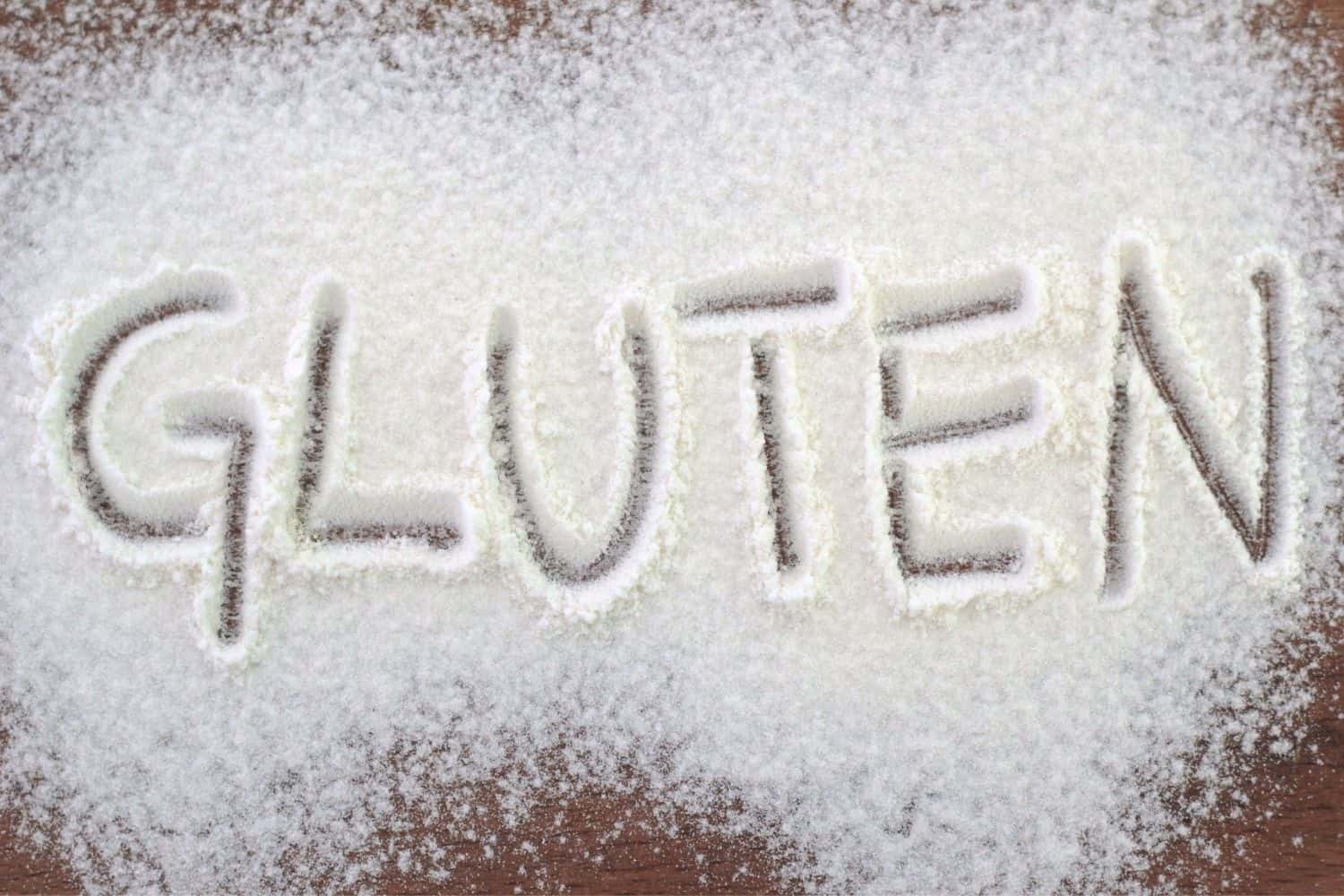Gluten is a collection of storage proteins called prolamin and glutelin. They are stored along with starch in numerous cereal grains like oat, wheat, barley, rye, etc. These proteins help food retain its shape. Gluten acts as a binder, holding food together and giving it a stretchy quality.

Some people suffer from gluten intolerance and can get sick from taking gluten, which can be called Celiac disease. The side effects are; bloating, fatigue, diarrhea, and constipation. People who suffer from celiac disease should be wary of coffee and gluten.
Coffee beans are gluten-free. There are two protein molecules contained in gluten, gliadin, and glutenin, they store starch which nourishes the seed when it germinates. Coffee beans do not need gluten because they only require natural sugar to germinate.
Is Gluten Contained in Coffee Creamer?
Coffee creamer can be used as an artificial substitute for milk or cream. Normally, it doesn’t contain gluten but flavored, powdered creamers do contain some amounts of gluten in them especially when combined with sugar or other sweeteners.
Is Gluten Contained in Instant Coffee?
Instant coffee is made by roasting coffee beans, extracting its flavor compounds, and removing the liquids by freeze-drying it, although It’s not a hundred percent guarantee that flavored coffee is gluten-free, which means that if you have celiac disease, you should always check the labels of instant coffee before buying. Plain coffee beans can only be cross-contamination when they are processed using equipment that has also been used in making products containing gluten.
Some Health Conditions That Are Associated with Gluten
Gluten may be used in making potatoes and corn, specifically gluing and packaging them. Frequent consumption of these products could cause some symptoms. Generally, sauce, processed meat, pasta, cereal, flour, bread, and baking mixes contain gluten and must be avoided. Gluten-free products include; vegetables, fruits, soybean, eggs, distilled beverages, etc.
Celiac disease, wheat or cereal allergy, Dermatitis Herpetiformis (DH), gluten ataxia and non-celiac gluten sensitivity, are all illnesses associated with gluten.
Celiac Disease: is majorly caused by gluten- sensitivity. This disease causes the intestinal anatomy to undergo some changes which would eventually discontinue if gluten is avoided.
Non-celiac Gluten Sensitivity (NCGS): This is a type of terminology that is used to describe the diagnosis of people having intestinal or extraintestinal symptoms caused by ingesting grains containing gluten. It is one of the more common illnesses related to gluten in a generalized population. Besides gluten, fermentable monosaccharides, polysaccharides, and oligosaccharides which are contained in gluten are identified as the likely cause of symptoms related to the gastrointestinal tract in people having non-celiac gluten sensitivity.
Gluten Ataxia (GA): It is a neurological illness. There isn’t any particular knowledge or information about how GA happens however, the antibodies in our blood have been assumed to cause harm to the cerebellum. Which could be irreversible, causing degeneration and atrophy.
Dermatitis Herpetiformis DH: This is a not very common eruption of the skin associated with celiac disease and gluten sensitivity. It characterizes an intense inflammation of the vesicles and papules on the knees, forearm, or buttocks which can be pruritic.
Wheat Allergy: This is a commonly studied allergy that causes a wide range of clinical syndromes such as exercise-induced anaphylaxis, atopic dermatitis, eosinophilic esophagitis, or celiac disease. It is an allergy to proteins like globulin, gluten, albumin, and gliadin. Wheat is one of the causes of atopic in children.
In Summary
Gluten affects only those who have a negative reaction to it or those with celiac disease. Make sure to confirm that all coffee products you are about to consume are a hundred percent gluten-free so that you can maintain a gluten-free diet while enjoying your cup of coffee.